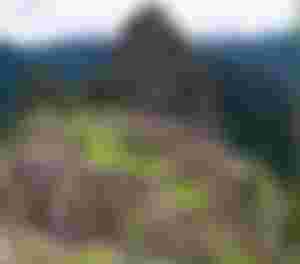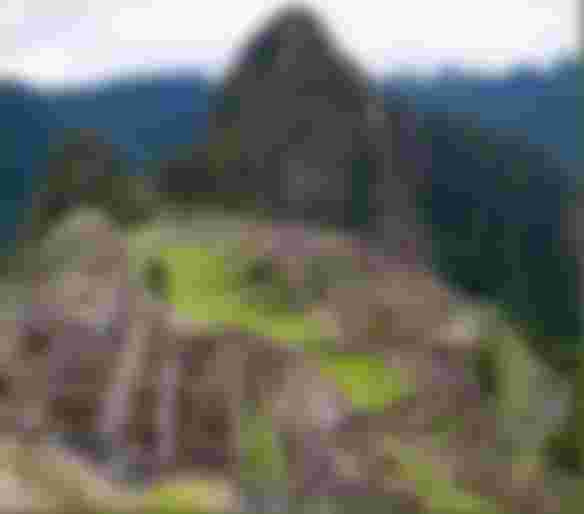The Incas are a tribe of South American Indians who ruled an empire whose territory stretched along the Pacific coast and the Andes mountain range, occupying the area from present-day northern Ecuador to central Chile. According to legend, the founder of the Inca dynasty, Manko Kapak, took his tribe to Cusco, which would become their capital. During the reign of the fourth emperor, they began to spread, and during the time of the eighth bearer of the crown, the Incas formed garrisons composed of subjugated peoples. During the reign of Tupac Inca Jupanki and his successor on the throne, Huain Kapak, the empire, from the point of view of conquering the territory, reached its peak. At the beginning of the 16th century, the Inca tribe ruled an empire inhabited by about 12 million subjects.

The Incas were top builders and spatial planners, who developed extremely sophisticated mountain agriculture and built equally complicated and efficient cities on mountain slopes. They made terraces on the mountain slopes to grow grain, as their kingdom had few flat valleys where food could be grown. They built an endless network of roads, their architecture was highly developed, and the remains of their irrigation systems, palaces, temples and fortifications can still be seen throughout the Andes. The Incan society was strictly hierarchical, and the aristocratic bureaucracy took care of the order in the country. The Incas worshiped the sun god, the creator god, the rain god and other deities in a colorful pantheon, behind which stood a highly organized state religion. The Incas left no written documents behind; data on the number of inhabitants, taxes, harvests and other things were recorded on knotted ropes - kipuima.
In 1531, the conquistador Francisco Pizarro set out to explore Peru on behalf of Spain. He soon met with the emissaries of the Inca emperor, Atahualpa, with whom he arranged a meeting with the emperor in Cajamarca. At that meeting, Pizar's men massacred the unarmed emperor's retinue and captured Atahualpa himself. This disabled the kingdom because no decision could be made without the king's consent. Pizarro first accepted a fabulous ransom for Atahualpa and then ordered him executed. Then, with less than 200 soldiers, he quickly conquered the Inca Empire, which had not yet recovered from the long civil war (1525-1532), which was fought between the sons of Huain Kapak. The Inca Empire fell in 1532–1533. under the unstoppable onslaught of the Spanish conquistadors, who took advantage of the Incan road network to penetrate the American continent.
The Andes are still inhabited by Inca descendants - they are peasants who speak the Quechua language. In Peru, almost half of the population is of Inca origin. They live from agriculture and animal husbandry, they accepted the Roman Catholic faith, but they also preserved the belief in pagan spirits and deities.

What do you think, could we manage today if someone told us that from now on you will live exclusively from agriculture and animal husbandry? : D